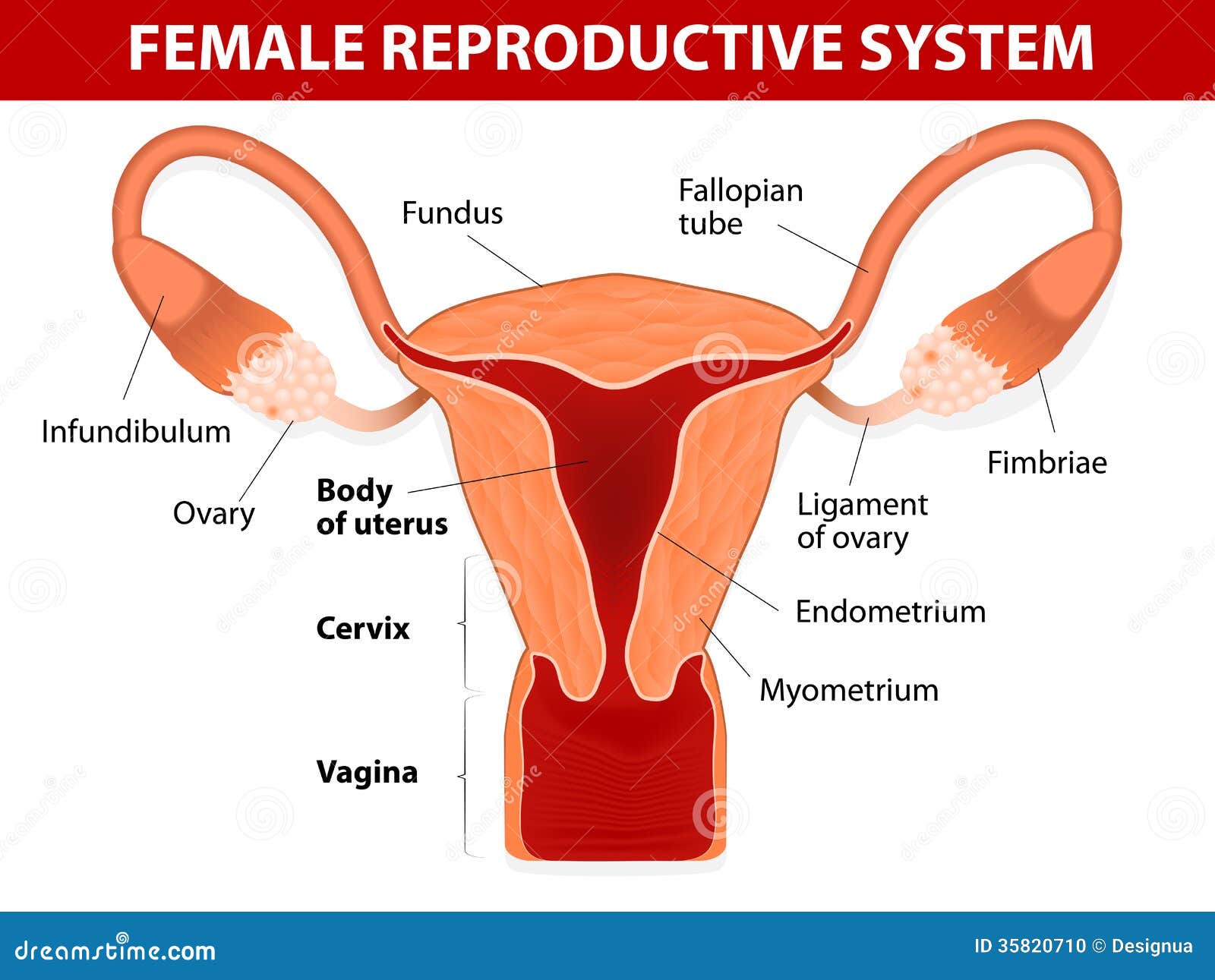Labelled Diagram Of Fallopian Tube

The innermost layer has spirally arranged fibres the middle layer has circular fibres and.
Labelled diagram of fallopian tube. The fallopian tube is composed of four parts. They are located in the lower abdominal or pelvic cavity of the female body. Jerome goffin last reviewed. Charlotte o leary bsc mbchb reviewer.
Fallopian tubes allow eggs to travel from the ovaries to the uterus. They provide a site for fertilisation and are involved in the transport of the ovum from the ovaries to the body of the uterus. Fallopian tubes and ovaries. Each fallopian tube is 10 13 cm 4 5 inches long and 0 5 1 2 cm 0 2 0 6 inch in diameter.
The uterine tube fallopian tube carries an egg from the ovary to the uterus. The fertilised egg then. Every month your ovaries shoot out an egg and send it floating happily down the uterus where it will hang around in hopes of meeting up with some sperm to make a baby. Take a look at this low power image of the fallopian tube.
Over the mucous membrane are three layers of muscle tissue. Fallopian tube labelled diagram. The fallopian tube is connected to the body wall by the broad ligament which also contains the blood supply to the serosa. 2 draw a neat and labelled diagram showing histology of uterus and fallopian tube.
Can you identify the serosa adventitia layer muscularis mucosa layer the mucosa which is very highly folded longitudinally and the lumen the folded mucosa are where the ova are fertilised. Female anatomy includes the external genitals or the vulva and the internal reproductive organs. Where are fallopian tubes located. This article looks at female body parts and their functions and it provides an interactive diagram.
They are present bilaterally at the superior part of the uterine cavity. Salpingectomy is the surgical removal of one unilateral or both bilateral fallopian tubes. Describe identify the microanatomical features of uterus and fallopian tube. A part of uterine tubes called the ampulla is where the female eggs get fertilised by the male sperm.
These are described from near the ovaries to inwards near the uterus the infundibulum with its associated fimbriae near the ovary the ampulla that represents the major portion of the lateral tube the isthmus which is the narrower part of the tube that links to the uterus and the interstitial or intramural part the narrowest part.


















